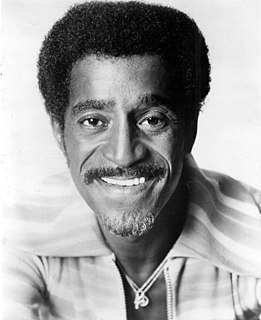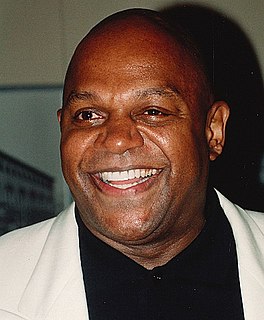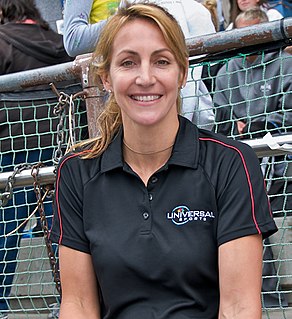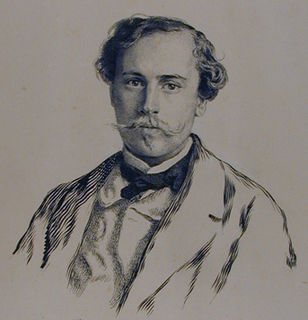A Quote by Marion Zimmer Bradley
He used to sit on my lap. I was sort of ambivalent about that. He was surviving any way he could.
Related Quotes
I'll think about something else. I'll just sit quietly. If I could sit still. If I could sit still, maybe I could read. Oh, all the books are about people who love each other, truly and sweetly. What do they want to write about that for? Don't they know it isn't true? Don't they know it's a lie, it's a God-damned lie? What do they have to tell about that for, when they know how it hurts?
I used to work as a volunteer in a hospice, but I don't have any nursing skills or cooking skills or anything, so I was what they call an escort. I would take people to the support groups every night, and I would have to sit sort of on the sidelines so I could take them back to hospice at the end of the meeting.
Siblings may be ambivalent about their relationships in life, but in death the power of their bond strangles the surviving heart. Death reminds us that we are part of the same river, the same flow from the same source, rushing towards the same destiny. Were you close? Yes, but we didn't know it then.
The beginning of sense, not to say wisdom, is to realize that 'doing an action,' as used in philosophy, is a highly abstract expression--it is a stand-in used in the place of any (or almost any?) verb with a personal subject, in the same sort of way that 'thing' is a stand-in for anynoun substantive, and 'quality' a stand-in for the adjective.
A sign of the times: there are no longer any chairs in the bookshops along the embankments. [Noël] France was the last bookseller who provided chairs where you could sit down and chat and waste a little time between sales. Nowadays books are bought standing. A request for a book and the naming of the price: that is the sort of transaction to which the all-devouring activity of modern trade has reduced bookselling, which used to be a matter for dawdling, idling, and chatty, friendly browsing.






































